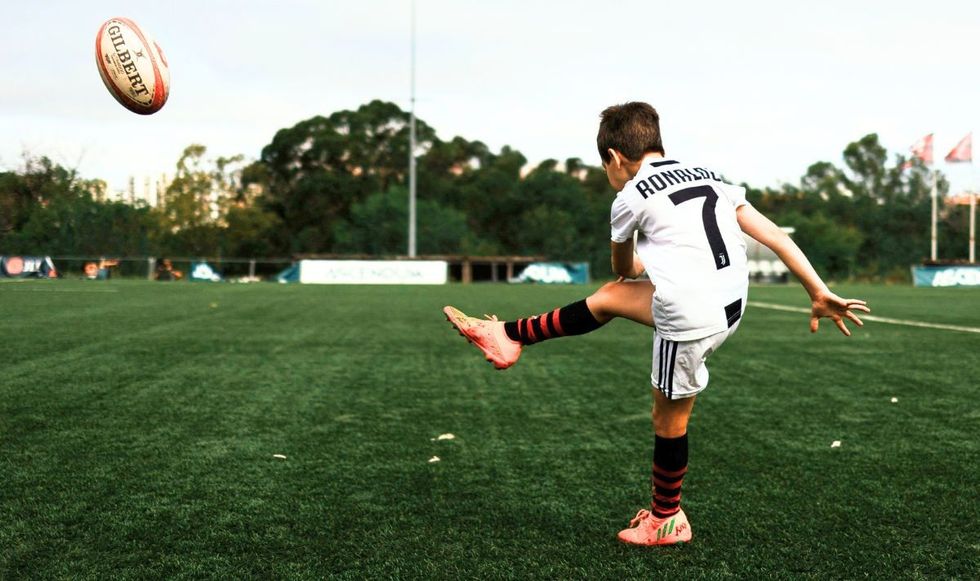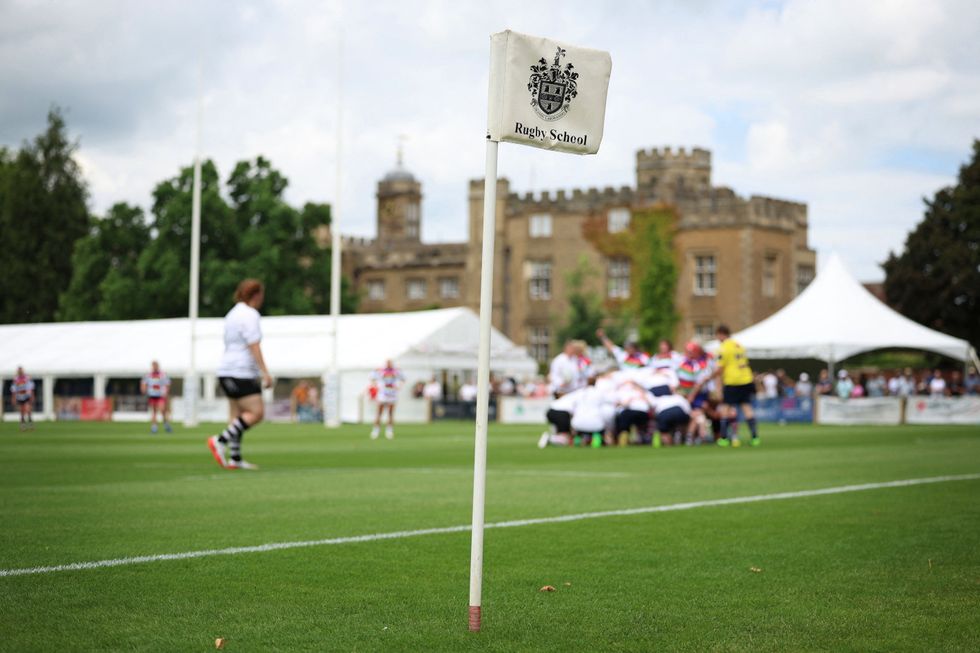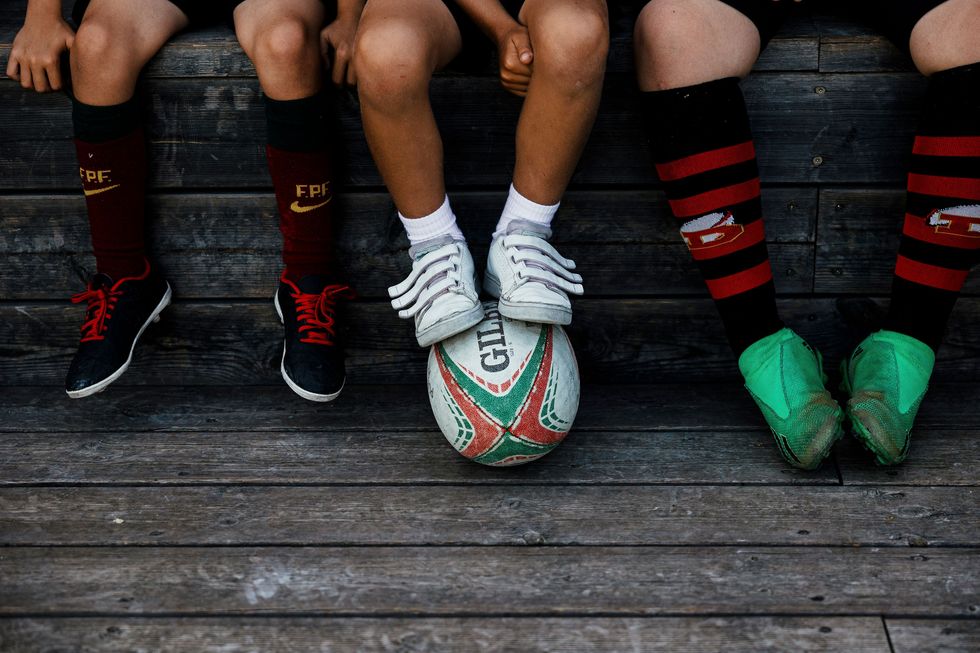Rugby described as 'grooming' and 'child abuse' in hyperbolic new report
A study has outlined the potential long-term effects of rugby on children's brains
Don't Miss
Most Read
Latest
Rugby has been found to be a form of 'child abuse' and should be banned for under-18s, according to a study.
The sport has been played at schools in the UK for over 200 years but researchers claim children should no longer be made to participate in order to protect their safety.
Academics at the universities of Winchester, Nottingham Trent and Bournemouth have carried out the study which will be published in Sports, Ethics & Philosophy: Journal of the British Philosophy of Sport Association.
It has been found that high-impact sports such as rugby and boxing must now be considered as 'abusive' to children's brains.
POLL OF THE DAY: Is sport going woke as new report calls rugby 'child abuse'?

Rugby has been found to be a form of 'child abuse'
|Getty
Medical evidence was examined around such sports and the conclusion found that the potential harm kids could face goes against child abuse laws.
It is claimed by the researchers that parents do not understand the long-term risk of brain injuries to their children.
They also conclude that sports organisations are 'grooming' adults to ignore such consequences.
Eric Anderson, a professor of sport at the University of Winchester, led the study and has outlined the risk of rugby and boxing to young people.
He said: "Sports for children should not intentionally harm their brains.
"They should focus on fun, health and social development rather than conditioning them to play elite-level sport.
"These collisions cause cognitive harm and increase the risk of neurodegenerative diseases and dementia; they are therefore abusive to a child’s brain.
"Cultural perception is that striking a child outside sport is abuse but striking a child in sport is somehow socially acceptable.
"We are trying to change that. It doesn’t matter what the social context is, the brain is damaged in both."
Anderson has called on society to realise the dangers such sports can cause and has called on clubs and schools to make a change.
He added: "Despite the fact that we are sport scholars, some will dismiss our claims as being anti-sport or trying to wrap children in cotton wool.
"But the evidence of abuse to children’s brains is a medical reality. Impact sports should, thus, be regulated.
"Schools and clubs must not allow children to be exposed to harm when they engage in sport. Society should recognise this brain abuse as a distinct form of child abuse."
One of the four authors of the study is Gary Turner, a former world champion in kickboxing and jujitsu.
They say neither children nor their parents are able to legally give informed consent for participation in impact sports such as rugby.
It is said that people who begin playing rugby at a younger age are more likely to be exposed to brain injuries later in life than those who start the sport as adults.
LATEST SPORTS NEWS:

A study has called for rugby to be banned in schools
|Getty
Dr Keith Parry, the head of the sport department at Bournemouth University, believes rugby should copy football in attempting to protect children's safety.
He said: "The Football Association was concerned enough by the dangers of head injury to introduce guidelines to restrict the amount of heading in junior football training.
"Other even more injurious sports should follow and remove intentional collision."
A spokeswoman for the Rugby Football Union (RFU) says rugby is not compulsory in PE and claims the sport can actually have 'physical and mental health benefits'.
She said: "Player welfare has and will continue to be our top priority. PE in school is compulsory. However, rugby is not.

Children have played rugby in schools for over 200 years
|Getty
"The RFU and England Rugby Football Schools’ Union work closely to support teachers and coaches with guidance and resources, especially around players’ safety and welfare.
"Rugby for young people at schools or clubs in England exists in different forms — contact, reduced contact and non-contact.
"Rugby has established and been at the forefront of concussion and injury surveillance, education and law changes using evidence to proactively manage player welfare.
"Playing rugby provides significant physical and mental health benefits along with life skills gained from playing a team sport which has strong values.
"Against a backdrop of decreased physical activity and a global obesity epidemic in children, we believe rugby has a role to play in keeping people active, healthy and engaged."











